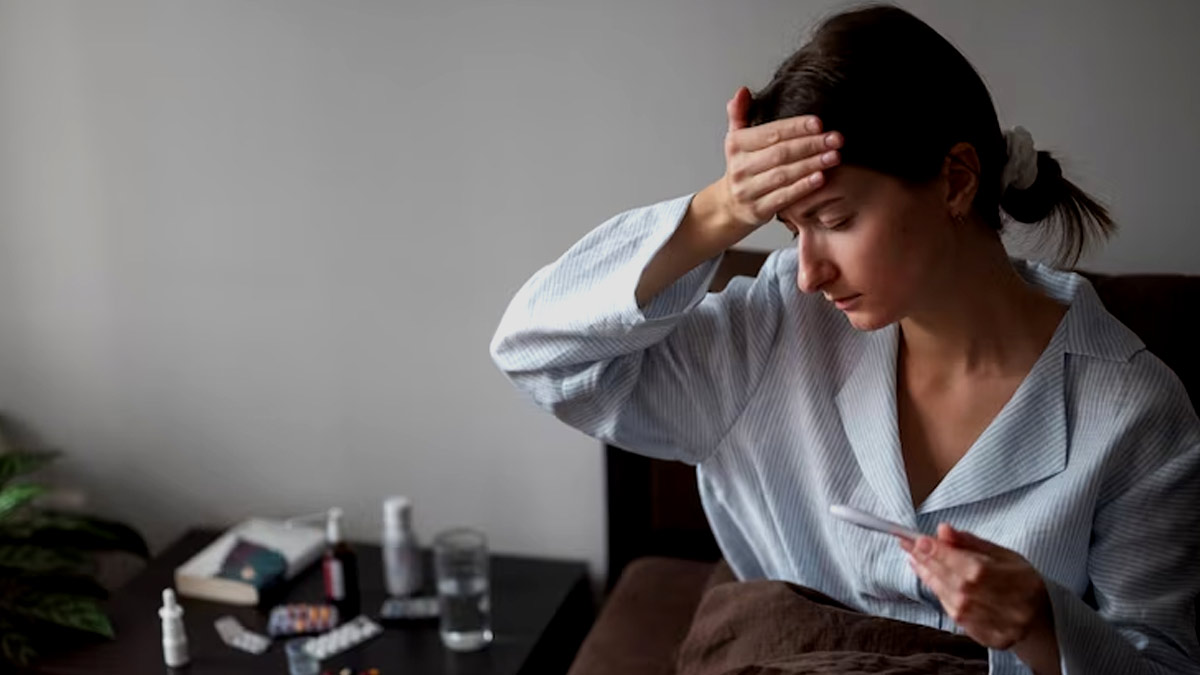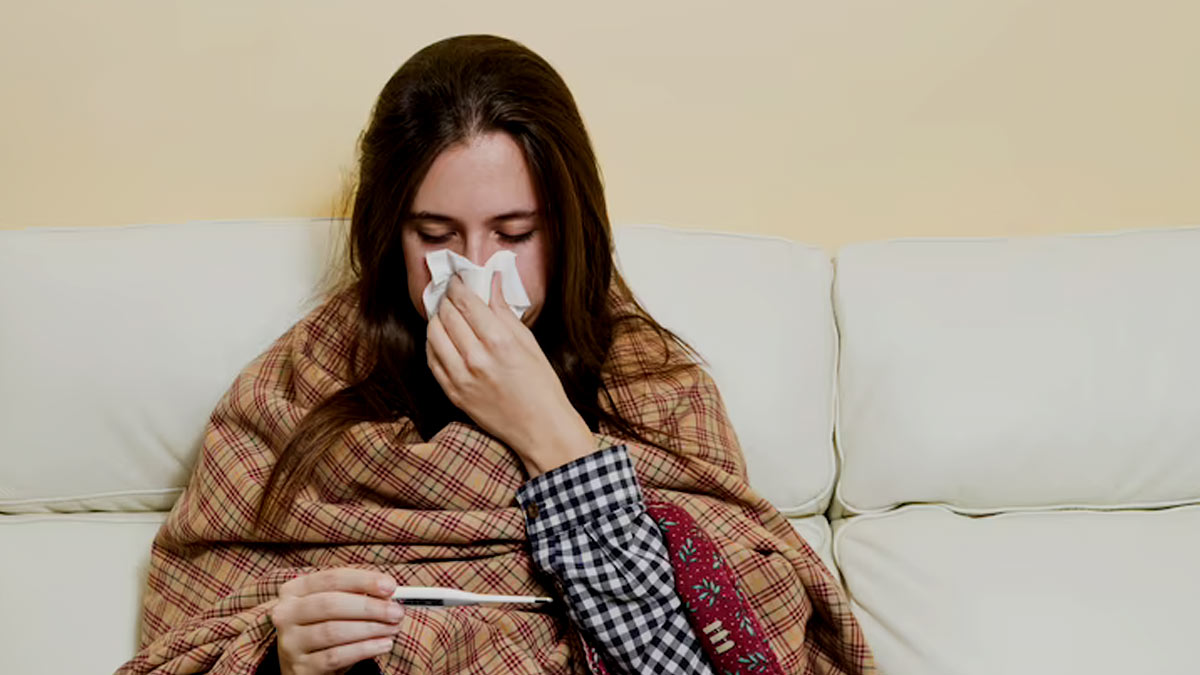
Every month, women experience the menstrual cycle, a natural process involving hormonal changes that prepare the body for potential pregnancy. Alongside the more commonly known symptoms like cramps and mood swings, some women may also notice fluctuations in their overall health during this time. One such occurrence is a weakened immune system, which may leave some wondering: do you get a fever during periods, and why does the immune system seem to falter during menstruation?
Table of Content:-
We spoke to our expert Dr Aastha Singh, Assistant Professor, Department of Obstetrics and Gynecological Nursing, Sharda School of Nursing Science and Research - Sharda University to shed some light on why the immune system gets weaker during menstruation. Here is what she shared with us.
Hormonal Fluctuations: Impact on Immune Response
The immune system serves as the body's guardian, tirelessly defending against harmful pathogens and maintaining overall health. However, its effectiveness can vary throughout the menstrual cycle, primarily due to hormonal fluctuations. Oestrogen and progesterone, two key hormones involved in the menstrual cycle, play vital roles not only in reproductive processes but also in immune function.
Menstruation and Vulnerability to Infections
Research indicates that oestrogen levels plummet during menstruation, reaching their lowest point in the menstrual cycle. This drop in oestrogen is associated with a decrease in immune response, leaving the body more vulnerable to infections. Consequently, some women may experience a heightened susceptibility to illnesses during their periods, potentially including fever as a symptom of an underlying infection.

Moreover, the menstrual blood itself can create an environment conducive to bacterial growth. As the uterus sheds its lining, bacteria present in the reproductive tract may gain access to the bloodstream, further challenging the immune system's ability to maintain balance.
Also Read: Expert Shares 7 Health Benefits of Adding Black Beans to Your Diet
Strategies for Immune Support During Menstruation
Understanding the connection between menstruation and immune function highlights the importance of proactive self-care strategies, especially during this vulnerable time. Here are some tips to support your immune system and minimise the risk of falling ill during your period:
1. Nutrition
Consuming a balanced diet rich in vitamins, minerals, and antioxidants can bolster your immune system. Focus on incorporating plenty of fruits, vegetables, lean proteins, and whole grains into your meals.
2. Hydration
Staying hydrated is essential for optimal immune function. Aim to drink plenty of water throughout the day to support your body's natural defences.

3. Sleep
Adequate sleep is crucial for immune health and overall well-being. Aim for 7-9 hours of quality sleep per night to help your body recharge and recover.
Also Read: World Down Syndrome Day 2024: 10 Tips for Caregiving Parents
4. Stress Management
Chronic stress can weaken the immune system over time. Incorporate stress-reducing activities such as mindfulness, meditation, yoga, or deep breathing exercises into your routine.
5. Hygiene
Practising good hygiene, including regular handwashing and proper menstrual hygiene management, can help prevent the spread of infections.
By prioritising these self-care practices, you can help support your immune system and reduce the likelihood of experiencing fever or other symptoms of illness during your period. Remember, your immune system is your body's greatest ally, so treat it well, especially during menstruation.
A Final Word
While it's not uncommon for some women to experience fever or other signs of illness during their periods, the underlying cause is often related to fluctuations in hormone levels and immune function. By adopting healthy lifestyle habits and taking proactive steps to support your immune system, you can minimise the impact of menstruation on your overall health and well-being.
Also watch this video
Read Next
Entering The Perimenopausal Stage? Expert Lists 8 Changes That You May Notice In Your Periods
How we keep this article up to date:
We work with experts and keep a close eye on the latest in health and wellness. Whenever there is a new research or helpful information, we update our articles with accurate and useful advice.
Current Version